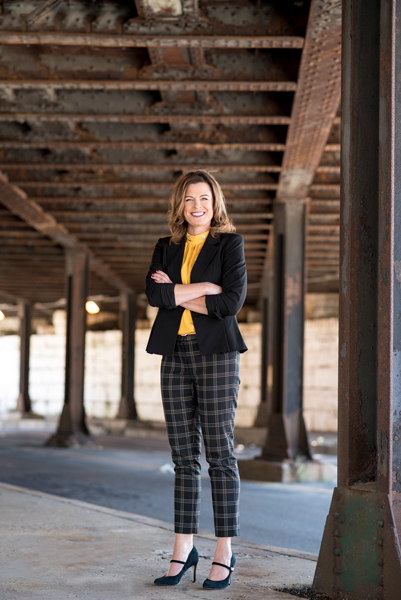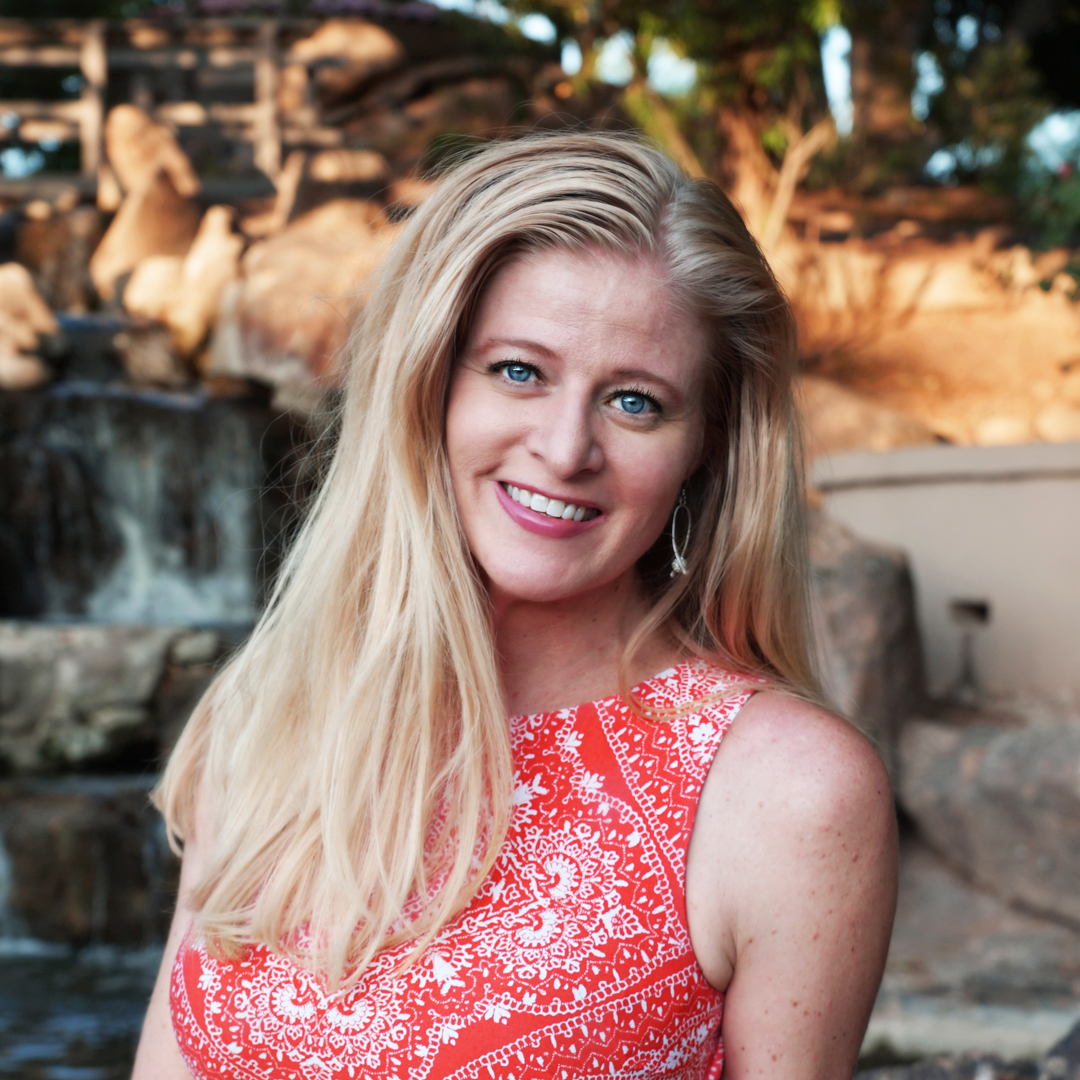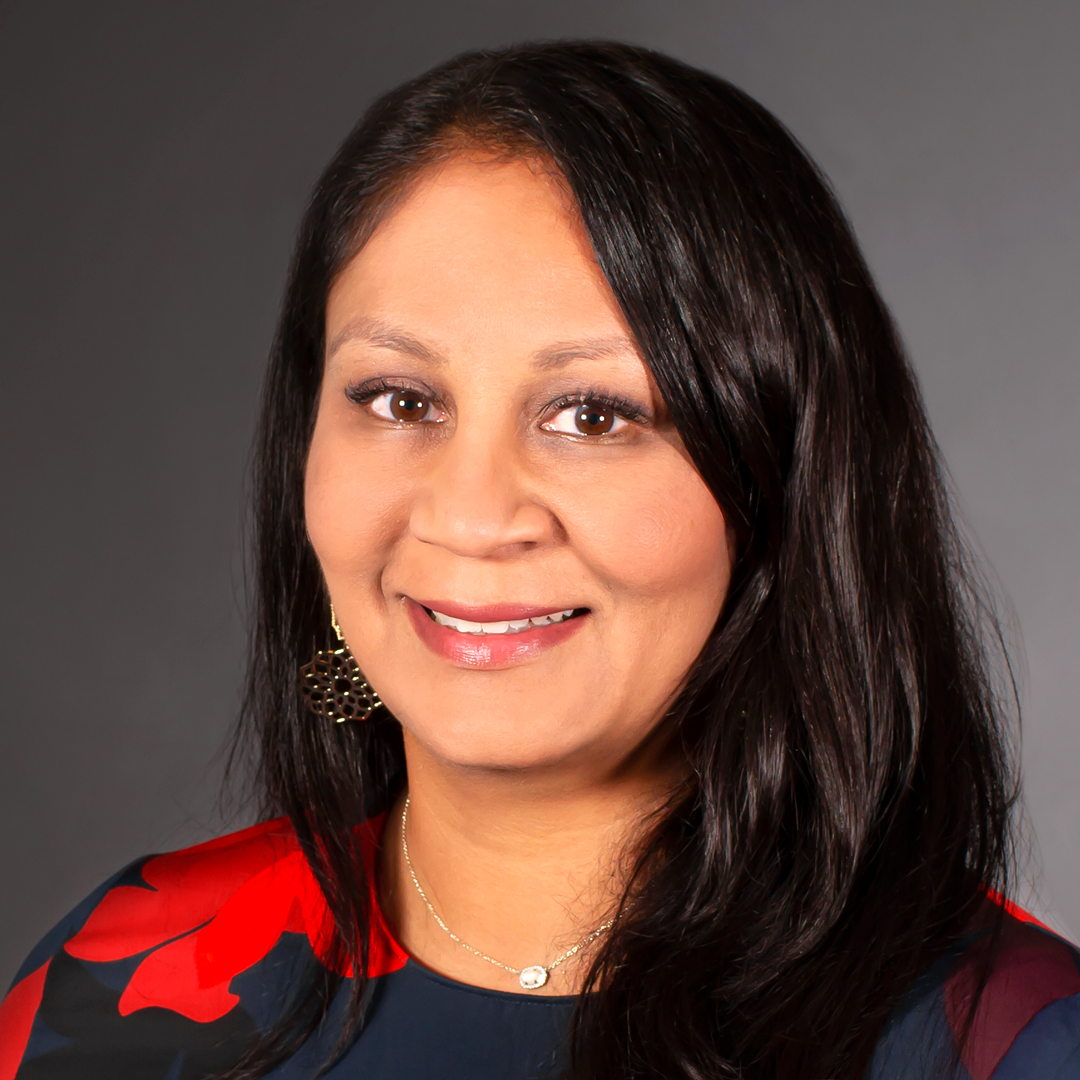For Kelly Lazuka, knowing all sides of the industry has prompted her to change the very nature of it. As vice president of business development for SAC Wireless, her days are spent in leadership meetings advocating for programs she created and brainstorming systems that spur company growth. Change is expected in the telecommunications sector, and SAC veteran Lazuka sits at the forefront of such progress.
Twenty years ago, SAC hired Lazuka as a site acquisition specialist. “Back when I started, there weren’t as many cell towers,” she explains. “We were building towers from the ground up.” To acquire the needed real estate on which to construct these towers, she started in the field negotiating with landlords. Today, the business model primarily swaps out existing equipment with updated models, but, at that time, the company was expanding its reach. And Lazuka was only the twenty-second hire to join the team.
“I’ve seen everything having been here so long,” she reflects. Lazuka worked her way up; from positions in project management to program management, she faced new forms of troubleshooting. Anytime leadership needed her to try something different, she jumped on the opportunity. And when SAC launched into construction and inaugurated engineering services, Lazuka wanted a taste for it all. As such, learning how all sides of the company operated at pivotal stages of its development granted her well-rounded experience in the field. Twenty years later, that experience is an undoubted asset.
Because she knows the industry, she has the confidence to change its systems for the better. After six months in business development, the Engine Room idea was born. In an effort to expedite the site acquisition process, the program sets up front-end services like an assembly line.

The Engine Room transitioned site acquisition specialists into functioning like project managers responsible for landlord negotiations, site completion, and project oversight. All other former duties were delegated to three teams on the “assembly line”: zoning and permitting, legal and regulatory, and architecture and engineering. Zoning specialists ensured relationships were built on the ground, legal counsel protected both customer and landlord entitlements, and architects and engineers designed and gathered key deliverables for the site acquisition specialists.
By separating out responsibilities and working more on the front end, the Engine Room both condensed the site acquisition cycle and reduced issues on the back end. “That was the goal, and it worked,” Lazuka says. “We set ourselves apart from the competition by setting multiple quality checkpoints to reduce rejection rates thereby reducing cycle times.”
Staffing this niche program was a challenge. “It’s not like there were one hundred site acquisition real estate professionals sitting on a bench waiting for us to call,” Lazuka jokes. “But, if we could find folks with good work ethic, relevant experience, and some transferrable skills, we could create our own leadership pipeline. We could create industry talent here. So, that’s what we did.”
She worked with recruiters. She reached out to law schools. She leaned on her personal community of friends and family. “Then, all of a sudden, we had hired a bunch of millennials.”
Understanding how millennials generally think and learning what they need to be successful has been integral to the success working cross-generationally. A robust training program that included classroom intensive learning and real-life simulations prepared the young professionals for the Engine Room model in a way that hadn’t been done before. Lazuka and her team took a risk: they taught their industry from the ground up, remodeled deployment, and provided jobs to recent college graduates.
“Hiring folks without industry experience meant they didn’t have bad habits. We were able to set them up to succeed,” Lazuka explains. Not only has the success of this initiative changed the mindset of the old regime, but also many of the millennials Lazuka hired have since paved their way into positions of leadership.
“There is something to be said for changing an industry, and that’s what the Engine Room did. It changed the way the industry tackled site development.”
Once the Engine Room ran like a well-oiled machine, Lazuka returned to business development and now advocates for the system she helped create. “There is something to be said for changing an industry, and that’s what the Engine Room did. It changed the way the industry tackled site development.”
In the seven years since systemizing the process from customer to construction, SAC has touched about 100,000 sites nationwide.
Looking to the future, she envisions the growth will continue. As a wholly owned, independently operating Nokia company, SAC Wireless will continue to lead innovation in the industry with Lazuka spearheading new ways of thinking. That she understands the industry from all sides makes her a resource in the face of change. And her experience in the field speaks for itself.

